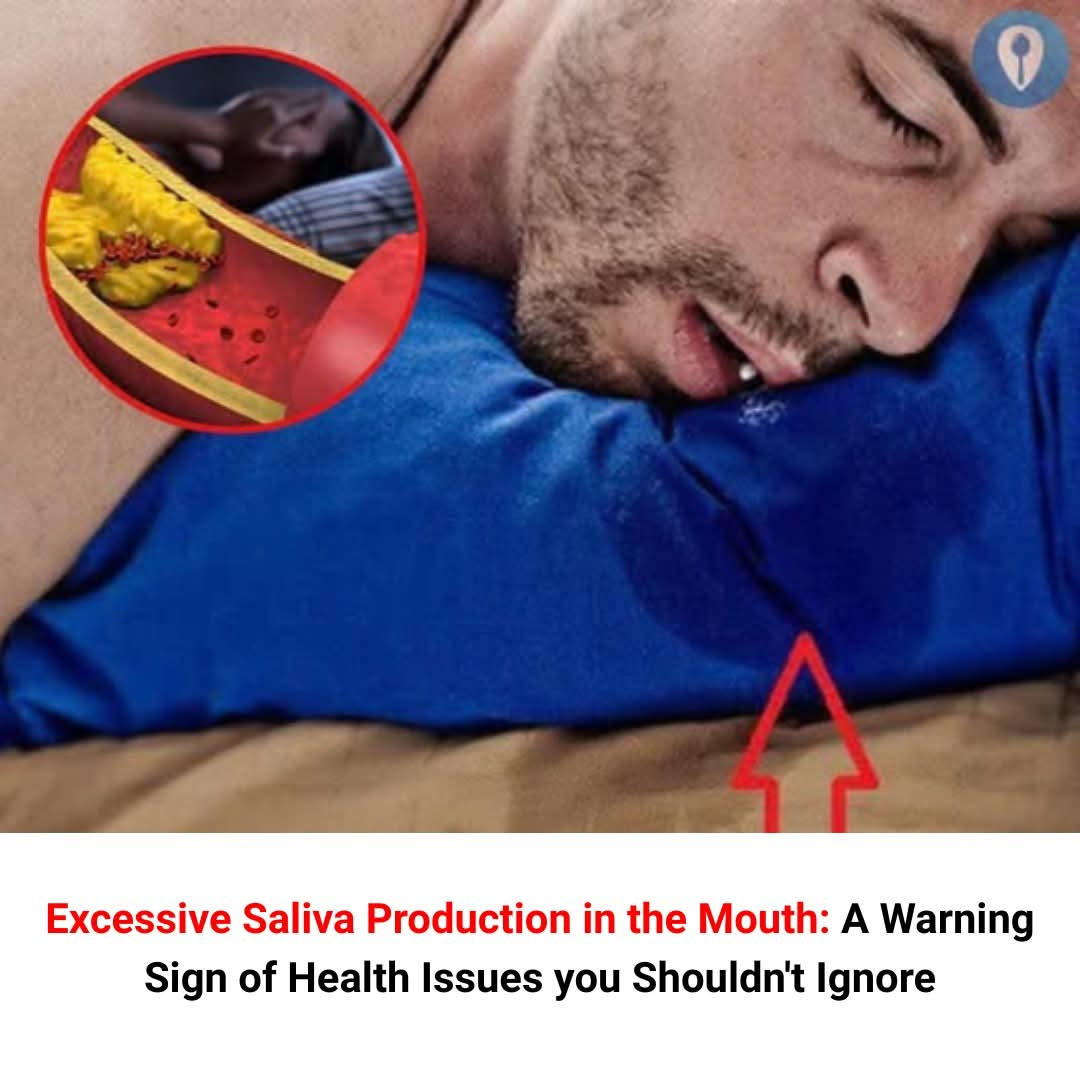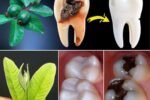Excessive Saliva Production in the Mouth: A Warning Sign of Health Issues You Shouldn’t Ignore

Saliva plays an important role in keeping our mouth healthy, helping with digestion, and protecting our teeth. But when you start producing too much saliva, it could be a signal from your body that something isn’t right.
What Causes Excessive Saliva?
Here are some common reasons why you might notice more saliva than usual:
1. Mouth Infections or Irritations
Infections like tonsillitis, gum disease, or tooth infections can trigger extra saliva as your body tries to flush out bacteria.
2. Acid Reflux (GERD)
When stomach acid backs up into the esophagus, it can cause a sour taste and make your mouth produce more saliva to protect itself.
3. Pregnancy
Hormonal changes during pregnancy, especially in the first trimester, can lead to increased saliva.
4. Allergies or Sinus Problems
Blocked nasal passages force you to breathe through your mouth, which can irritate your throat and trigger more saliva.
5. Medication Side Effects
Certain medications, especially for mental health or epilepsy, can cause excessive drooling.
6. Neurological Disorders
Conditions like Parkinson’s disease, stroke, or cerebral palsy can affect muscle control in the mouth, leading to drooling.
When to Be Concerned
While occasional extra saliva isn’t usually serious, you should pay attention if:
- It lasts longer than a few days
- It’s combined with trouble swallowing
- It comes with numbness or weakness
- You experience nausea, vomiting, or weight loss
Quick Tips to Manage Excessive Saliva
- Practice Good Oral Hygiene: Keeping your mouth clean can reduce irritation.
- Adjust Your Diet: Avoid acidic or spicy foods that may increase saliva.
- Stay Upright: Sitting or standing helps saliva drain naturally.
- Talk to Your Doctor: Especially if you have other symptoms, a check-up can rule out serious causes.
FAQs
Q: Can stress or anxiety cause extra saliva?
A: Yes, anxiety can sometimes trigger changes in saliva production, though it’s usually temporary.
Q: Is excessive saliva dangerous?
A: By itself, it’s not dangerous. But it could point to underlying issues that need attention.
Q: Can dehydration cause more saliva?
A: Surprisingly, dehydration often causes dry mouth, but the body might react oddly by producing more mucus-like saliva.
Final Thought
Excessive saliva isn’t something you should ignore, especially if it sticks around or comes with other symptoms. Paying attention to small body changes can help catch bigger health issues early!






